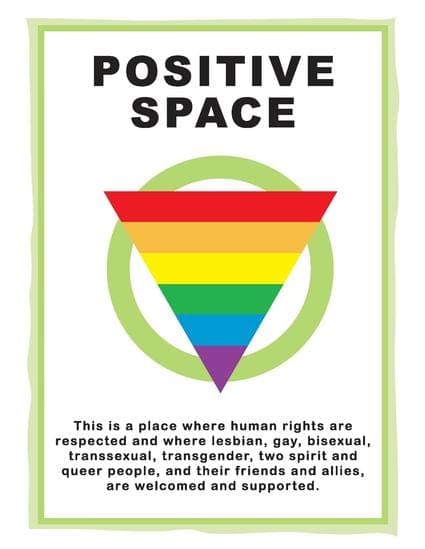Assessment Process
Assessment appointments are typically about 1 to 1½ hours in length. The whole assessment is typically completed in about 2 to 5 sessions.
Over these sessions, you are invited to talk about your goals for coming to see someone at the practice.
You are welcome to talk about anything that is important to you in your sessions. You are also invited to clarify to your clinician what you want, and what you don’t want, from the assessment process.
The aims of the sessions are to help you to be both psychologically and practically prepared for transition, whether you are taking the route of hormone treatment alone, or are preparing for transition-related surgeries.
For example, your clinician will work with you to ensure that:
- you have made a fully-informed decision about your treatment options with clear and realistic expectations of potential outcomes,
- that you are aware of potential risks and benefits,
- that you are ready to engage in the treatment process you have chosen,
- that you have included family and/or community supports as needed, and that you are practically prepared (for example, for surgeries – that you have made an informed choice about a surgeon to perform the procedure; that you have arranged aftercare, etc.).
Reproductive options after hormone treatment or surgery may also be explored if relevant to you.
Mental health history, personal history, and your experience of gender are explored with care and respect in these sessions; one of the primary purposes of this discussion is to ensure that if significant medical or mental health concerns are present, they are reasonably well controlled.
Although not an explicit criteria in the World Professional Association for Transgender Health (WPATH) Standards of Care (SOC), the SOC recommends that clients who plan to under gender affirming surgeries (GAS) have regular visits with a mental health or other medical professional.



